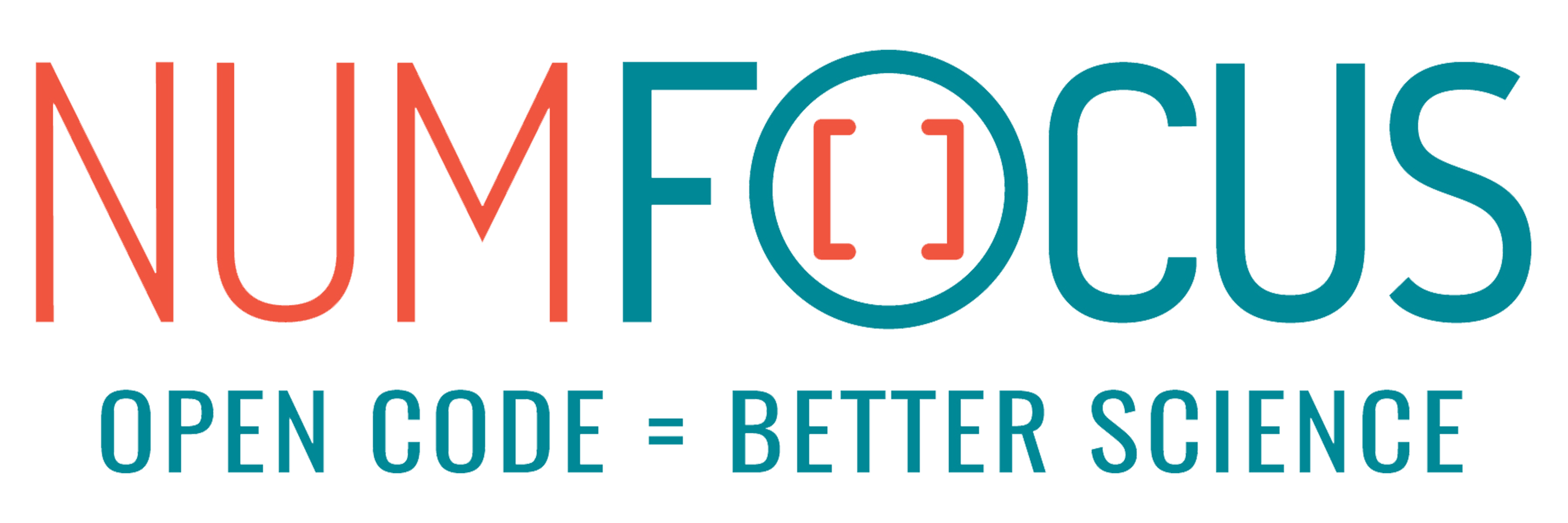This repository contains the code for the legacy web services backing the WorldWide Telescope (WWT) software system. Note that while these services are “legacy” in the sense of having an old-fashioned design and implementation, they provide essential WWT data and are in use 24/7!
You can monitor metrics for the WWT web services on the public WWT metrics dashboard, made possible by support from Datadog.
The WorldWide Telescope project uses an open governance model and is fiscally sponsored by NumFOCUS. Consider making a tax-deductible donation to help the project pay for developer time, professional services, travel, workshops, and a variety of other needs.
See these instructions for details on how to build and run locally. Please submit issues (or PRs!) if you run into any problems or inaccuracies.
If you have .NET 6 installed, the basic CLI build command is:
dotnet build -c Release wwt-website-net6.slnf
You can build and run the server in a Docker container with:
docker build -t aasworldwidetelescope/core-data:latest .
docker run --rm -p 8080:80 --name wwtcoredata aasworldwidetelescope/core-data:latest
# browse to http://localhost:8080/wwtweb/isstle.aspx
However, most API endpoints won't work since they need to be wired up to the backing data storage. To test locally with WWT production assets, launch the Docker container with the following environment variables:
-e UseAzurePlateFiles=true -e AzurePlateFileStorageAccount=[secret]
where the secret can be obtained from the running app's configuration KeyVault.
See comments in the azure-pipelines.yml file for descriptions of how deployment
works.
This file logs old APIs that have been deprecated or removed. The implementations of many of these can be found in the Git history if you’re willing to dig.
We love it when people get involved in the WWT community! You can get started by participating in our user forum or by signing up for our low-traffic newsletter. If you would like to help make WWT better, our Contributor Hub aims to be your one-stop shop for information about how to contribute to the project, with the Contributors’ Guide being the first thing you should read. Here on GitHub we operate with a standard fork-and-pull model.
All participation in WWT communities is conditioned on your adherence to the WWT Code of Conduct, which basically says that you should not be a jerk.
Work on the WorldWide Telescope system has been supported by the American Astronomical Society (AAS), the .NET Foundation, and other partners. See the WWT user website for details.
The WWT code is licensed under the MIT License. The copyright to the code is owned by the .NET Foundation.

